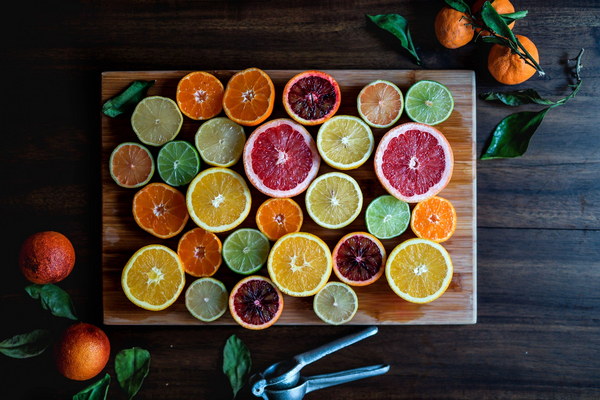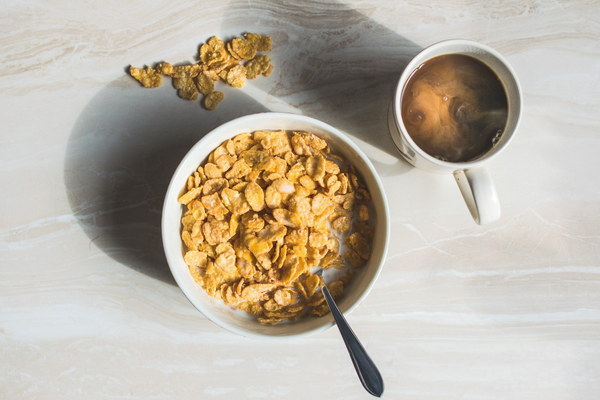Digestible Delights What to Eat for Effective Fasting
Introduction:
Fasting has become increasingly popular as a health and wellness practice, offering numerous benefits such as weight loss, improved digestion, and increased energy levels. However, one of the most common concerns among individuals adopting fasting is how to maintain a balanced diet during the fasting period. This article aims to provide a comprehensive guide on what foods are easy to digest during fasting, ensuring a smooth and effective fasting experience.

1. Fruits:
Fruits are an excellent choice for fasting as they are naturally low in calories, high in fiber, and easy to digest. Opt for fruits like apples, bananas, berries, and peaches. These fruits contain natural sugars that provide energy without overloading your digestive system. Additionally, fruits like kiwis, papayas, and pineapples possess enzymes that aid in digestion.
2. Vegetables:
Vegetables are an essential component of a fasting-friendly diet. They are rich in vitamins, minerals, and fiber, making them easy to digest. Some vegetables that are highly recommended during fasting include cucumber, bell peppers, carrots, tomatoes, and spinach. These vegetables have low calorie content and high water content, making them ideal for staying hydrated and satiated.
3. Legumes:
Legumes, such as lentils, chickpeas, and black beans, are excellent sources of protein and fiber. They are easy to digest when prepared correctly. Soaking and cooking legumes properly can help break down the complex carbohydrates and fiber, making them more digestible. Incorporate legumes into your fasting meals by preparing them in soups, salads, or as a side dish.
4. Grains:
Whole grains, such as quinoa, brown rice, and oats, are rich in fiber and nutrients. While they may take a bit longer to digest compared to other foods, they can be easily incorporated into your fasting diet. Opt for cooked grains and combine them with vegetables or lean proteins to create balanced meals.
5. Nuts and Seeds:
Nuts and seeds are a great source of healthy fats, protein, and fiber. However, they can be challenging to digest if consumed in large quantities. During fasting, choose nuts and seeds that are easy on the stomach, such as almonds, walnuts, chia seeds, and pumpkin seeds. These can be consumed in moderation and added to salads, smoothies, or as a topping for yogurt.
6. Lean Proteins:
Protein is essential for muscle repair and overall health. During fasting, opt for lean protein sources that are easy to digest, such as grilled chicken breast, fish, tofu, and eggs. These protein sources provide the necessary amino acids without overwhelming your digestive system.
7. Hydration:
Hydration is crucial during fasting. Water, herbal teas, and infused water are excellent choices to stay hydrated. Avoid sugary drinks and caffeine, as they can disrupt the fasting process and cause bloating or discomfort.
Conclusion:
Fasting can be an effective way to improve digestion and overall health. By incorporating easy-to-digest foods like fruits, vegetables, legumes, grains, nuts, seeds, and lean proteins into your fasting diet, you can ensure a smooth and enjoyable fasting experience. Remember to stay hydrated and listen to your body's needs throughout the process.









